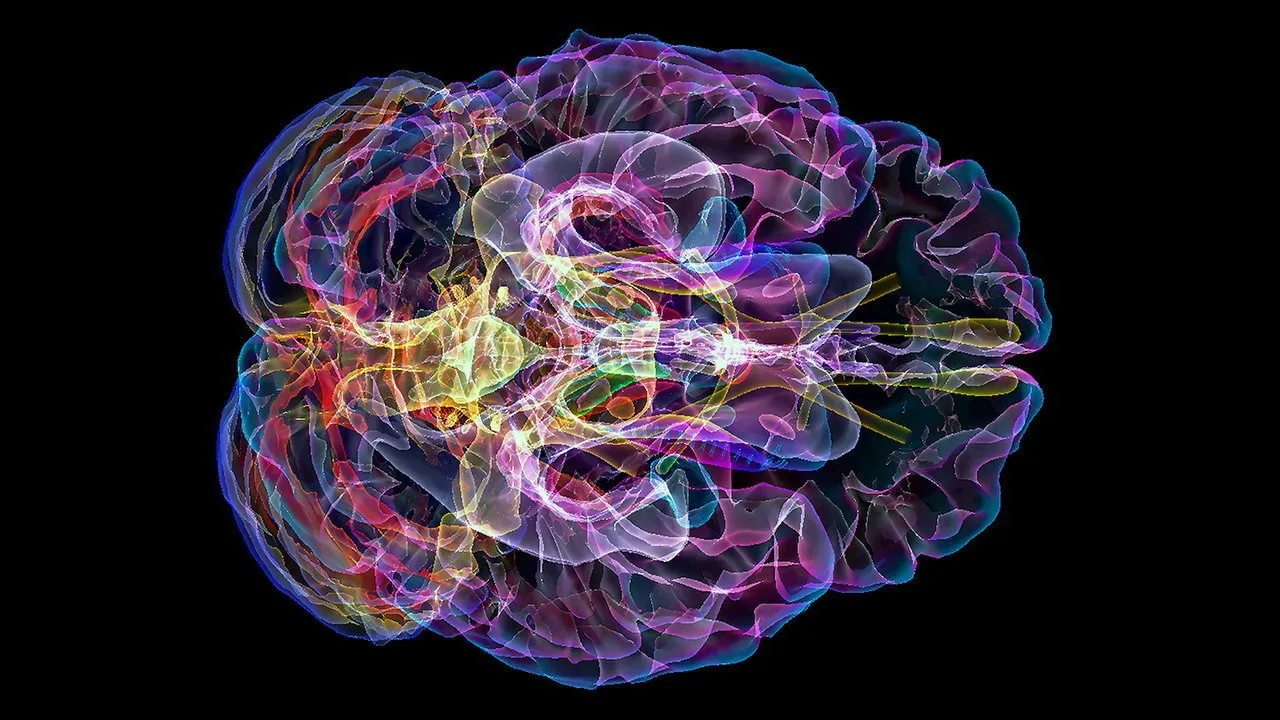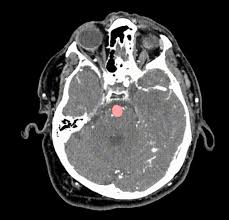
Breakthrough in Alzheimer’s Research Gives New Hope Science Edges Closer to Reversing the Disease
In a major scientific milestone, researchers around the world are rallying around a series of promising discoveries that are redefining how we understand and treat Alzheimer’s disease. Once thought to be an unstoppable degenerative condition, Alzheimer’s is now at the center of multiple breakthrough studies that suggest the brain may have more capacity to repair and resist damage than previously imagined. From targeted immune therapies to innovative drug delivery systems, 2025 may be remembered as the year that Alzheimer’s research turned a critical corner.
The most compelling breakthrough to date stems from a pioneering study by a consortium of neuroscientists who have identified a specific molecular pathway responsible for neuronal death in Alzheimer’s patients. Known as the "integrated stress response" (ISR), this pathway is hyperactivated in diseased brains, triggering inflammation and oxidative damage. By using small molecule inhibitors to block ISR signals in mouse models, researchers were able to reverse memory loss and restore synaptic function. The treated mice, previously unable to navigate basic mazes, demonstrated significant cognitive recovery just weeks after treatment. This suggests that Alzheimer’s related memory decline may not be entirely permanent, but potentially reversible under the right conditions.
Another extraordinary development has come through the introduction of nasal immunotherapy, a non invasive treatment method that delivers antibodies directly to the brain via the nasal cavity. Scientists at a leading neuroscience institute developed a custom engineered antibody that specifically targets tau protein clusters one of the key pathological hallmarks of Alzheimer’s. Delivered through a fine mist, the treatment bypasses the blood brain barrier entirely, making it more efficient and less invasive than traditional intravenous therapies. Early trials in primates have shown a 60% reduction in tau buildup, leading to optimism about a fast tracked human clinical trial set for early 2026.
Meanwhile, technology is playing a pivotal role in the fight against Alzheimer’s. Researchers at a global health AI lab have developed a machine learning model capable of detecting the earliest signs of Alzheimer’s through voice analysis. By examining speech cadence, word selection, and micro pauses, the system can predict cognitive decline up to five years before clinical symptoms emerge. Paired with advances in blood biomarker testing where early protein imbalances can now be detected through a simple finger prick this AI enhanced screening could allow millions to begin preventative treatment far earlier than ever before. This proactive approach is considered vital for delaying or even halting the disease before significant brain damage occurs.
One of the most overlooked but now increasingly studied aspects of Alzheimer’s is the role of neuroinflammation. Recent research indicates that chronic inflammation triggered by malfunctioning microglial cells (the brain’s immune guardians) may be the true driver of disease progression. By regulating these immune cells using novel compounds derived from marine organisms, researchers have been able to reduce inflammation and prevent neuronal loss in preclinical trials. Some of these marine based agents, rich in omega 3 derivatives and unique anti inflammatory molecules, are now being formulated into dietary supplements that could serve both preventative and therapeutic roles.
In tandem with these biological advances, scientists are exploring gene editing techniques such as CRISPR to target hereditary forms of Alzheimer's. Researchers have successfully edited out a mutation in the PSEN1 gene responsible for early onset familial Alzheimer’s in human brain organoids grown in the lab. This type of intervention, while years from general use, points toward a future where genetically driven Alzheimer’s may be corrected before symptoms even begin. Combined with epigenetic research on how lifestyle factors such as sleep, diet, and stress modify gene expression, a future where individualized Alzheimer’s treatments are based on both DNA and environment seems increasingly likely.
On the pharmacological front, two new drug classes have entered late stage trials with exceptional promise. The first, called Neurostatins, works by stabilizing the structural integrity of neurons and has demonstrated success in preventing amyloid plaque formation without suppressing natural immune responses. The second, a compound known as Tauclear, is being tested as an oral therapy that dissolves early stage tau tangles before they become neurotoxic. Unlike previous drugs that failed due to toxicity or limited efficacy, both new compounds are designed with precision molecular engineering and real time drug tracking giving clinicians unprecedented control over how the treatments interact with brain tissue.
What ties these developments together is the rising consensus that Alzheimer’s is not a singular pathology, but rather a multifaceted disorder with several overlapping causes genetic, environmental, inflammatory, and metabolic. This understanding has led to the emergence of combination therapies, where patients are treated using personalized cocktails of medication, cognitive therapy, and lifestyle interventions. Hospitals participating in early integration trials have already reported measurable success patients on combination regimens have shown a 30 40% slower progression of symptoms, and in some cases, mild recovery of short term memory and language skills.
As the global population ages, the need for effective Alzheimer’s treatments becomes more urgent. With nearly 55 million people currently living with dementia worldwide and numbers expected to rise sharply over the next two decades, the recent breakthroughs offer a rare and genuine sense of optimism. For caregivers and families who have watched loved ones slowly fade away, these discoveries are more than scientific headlines they represent hope for healing, recovery, and perhaps one day, a cure. As researchers continue to explore new therapeutic frontiers, the fight against Alzheimer’s has never felt more focused or more within reach.
Related Post
Popular News
Subscribe To Our Newsletter
No spam, notifications only about new products, updates.















